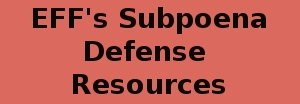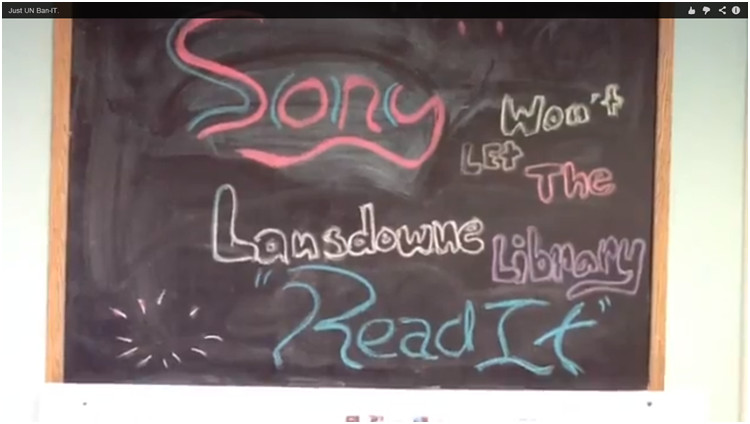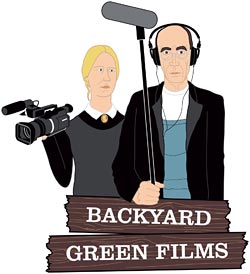
Photo courtesy of Berkeley Lab Creative Commons Attribution, noncommercial, No Derivatives 2.0 License
Are you a lawyer or just fascinated by intellectual property law? Then come join New Media Rights Art Neill and Teri Karobonik November 7-9 at the 2013 IP Institute in Berkley, California hosted by the Intellectual Property Law Section of The State Bar Of California.
New Media Rights Executive Director, Art Neill, will also be on a panel called Copyrights or Copywrongs: Is the Current System Working?
The rapid advance of technology has made the Copyright Act, drafted years ago in an analog
era, a difficult fit for digital times. Technology companies and Internet-savvy individuals are pushing the envelope of copyright law. Content holders, including so called “trolls”, are digging in and fighting back. Can we ever get along? And do we need to?
The panel will include other big names in the world of IP including Mitch Stoltz, Electronic Frontier Foundation; Gill Sperlein, Law Offices of Gill Sperlein; Karen Thorland, Senior Vice President Global Content Protection Counsel MPAA and George M. Borkowski, Freeman Freeman & Smiley, LLP.
You can find out more about the IP Institute and register here.
We hope to see you there!











